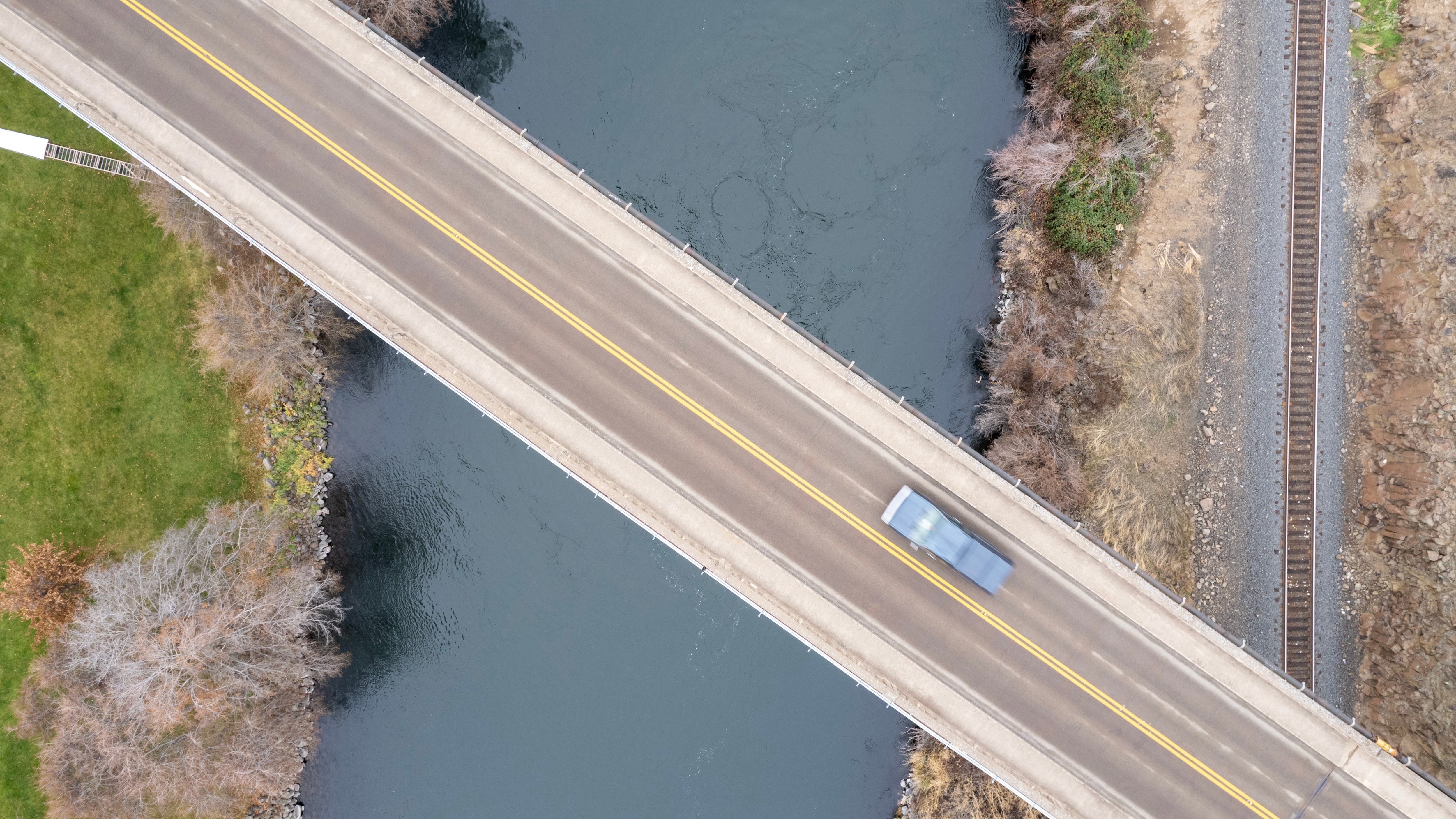As the Oregon Legislature prepares for looming floor votes on House Bill 2025, a transportation funding bill at the center of the legislative session, polling obtained by the Oregon Journalism Project shows voters are unconvinced of the need for legislation that would raise nearly $2 billion in new funding annually.
And perhaps more importantly, the poll shows voters are very reluctant to pay one of the biggest taxes the bill would impose.
The backdrop: The Joint Transportation Committee toured the state last year, seeding the ground for a bill that would bail out the Oregon Department of Transportation, which faces a deficit from ballooning project costs.
The funding bill lawmakers crafted includes numerous tax and fee increases that the Legislative Revenue Office says would raise nearly $2 billion a year by the 2033–35 biennium.
At the June 20 meeting of what is now the Joint Committee on Transportation Reinvestment, Sen. President Rob Wagner (D-Lake Oswego) caused a stir by abruptly replacing dissident Sen. Mark Meek (D-Gladstone) on the committee in order to ensure that HB 2025 could move to the floor.
Portland firm DHM conducted a poll for the Oregon Transportation Coalition, a group of business interests, in April. Although the polling took place prior to the final version of HB 2025, many of the basic components of the measure haven’t changed.
Here are some of the key findings from the poll:
* Roads and traffic are pretty far down the list of what Oregonians say is the most important problem facing Oregon today. Homelessness (17%), government mismanagement (14%), and housing affordability (10%) ranked far higher on the list than roads and traffic (3%), which ranked behind 12 other categories.
* Voters seem reasonably content with the state’s major roads and highways, with 65% rating them “good” and just 34% ranking them “poor.” Voters are less happy with local streets, with 55% saying they are “good” and 45% saying they are “poor.”
* Voters strongly oppose a 10-cent increase in the gas tax. That tax, currently 40 cents per gallon, would increase to 50 cents beginning January 1, 2026, under HB 2025, and to 55 cents on January 1, 2028. A committee has already formed to refer the measure to voters should HB 2025 pass, as Oregon Public Broadcasting reported. Two-third of voters also oppose a key component of the bill: indexing the gas tax so it increases with inflation starting in 2029. That would effectively mean an automatic increase in the gas tax every year, although that increase is limited to 4% annually.
Friday’s fractious meeting on HB 2025 featured a hard party-line split, a marked difference from the last time lawmakers passed a large transportation funding bill. In 2017 the bill passed with bipartisan support and was jointly carried on the floor of both chambers by teams of Democrats and Republicans.
At Friday’s meeting, state Rep. Shelly Boshart Davis (R-Albany), co-vice chair of the Joint Committee on Transportation Reinvestment, voiced concerns about the substance of the bill and the process by which it was developed, which Boshart Davis said included little Republican input.
Some male Republicans, including co-vice chair Sen. Bruce Starr (R-Dundee), raised equally forceful objections, but only Boshart Davis’ concern appeared to provoke co-chair Sen. Chris Gorsek (D-Gresham). Gorsek yelled at Boshart Davis, prompting her to announce from the dais she would file a Rule 27 workplace conduct complaint against Gorsek for treating her differently from her male colleagues.
That in turn caused seven House Republicans to boycott Monday’s session in support of Boshart Davis. The House can operate without the seven. (House rules require 40 of 60 members to be present.)
At 2:47 pm, Gorsek told OJP that he would step down from the committee he co-chaired.
“To allow for the committee’s focus to remain on completing the Oregon Transportation Reinvestment Package this session, I have offered my resignation from the Joint Committee on Transportation Reinvestment effective immediately,” Gorsek said in a text message. “I support the compromise that’s being offered from the House, and I look forward to voting in support of it on the Senate floor.”
Whether the votes are there to pass HB 2025 (tax increases require a three-fifths supermajority) is less clear. Some House members in swing districts are reluctant to vote for a big tax increase ahead of next year’s elections, especially in the face of a possible referral to voters.
HB 2025 had a second reading on the House floor today and was referred back to the Joint Committee on Transportation Reinvestment—an indication it doesn’t yet have the votes to pass a floor vote in the House.

